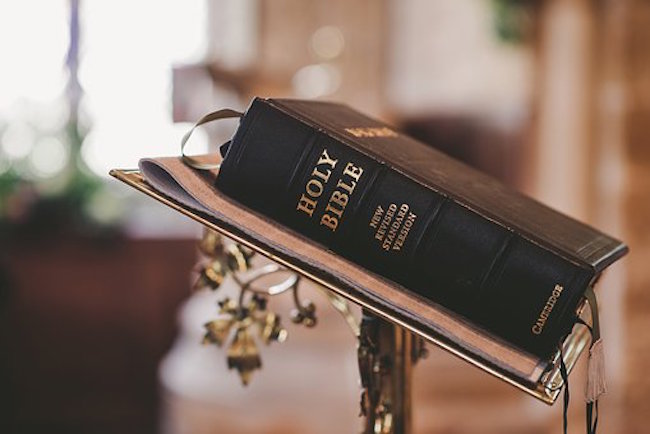Fully Human and Truly Human: Grasping the Image of God—and of Christ by Owen Strachan for The Gospel Coalition
Fifty years ago, the question landed like a bombshell on the cover of Time magazine: “Is God Dead?” Theologians like Thomas J. J. Altizer, William H. Hamilton, and Paul van Buren rode this frothy new wave of atheism. It made headlines because it didn’t come from outside the church, but from inside. Not to be outdone, one professor rewrote Psalm 23 to mark God’s death:
He was our guide and our stay
He walked with us beside still waters
He was our help in ages past . . .
He is gone, he is stolen by darkness . . .
Heaven is empty.
In 2019, a new question has emerged in the West: “Is Man Dead?” People all around us ask this question in one form or another. It seems to many that the human race has no greater purpose, no sure foundation, no end to which we’re headed.
We are alive, but lost.
Disenchantment of Our Humanity
Over the last 50 years, Western society has reenvisioned the human person. For millennia, humanity was understood in light of God; humans had certain duties before God and were fundamentally spiritual beings. But with the rise of death-of-God theology, mankind is no longer seen as the creation of God. The prevailing view in critical circles today is that humanity is a blank slate, evolved from an eons-old combustion of gases. Humanity has no divine origin, but an accidental one. Therefore, chaos and randomness account for the order (ironically) that we find before us. The human race is not distinct from the beasts; we’re a higher animal, nothing more.
So it is that we have no greater story we’re living. Atoms collide, and so do people. Because of our godless origin, we have no greater body of ethics, either. We are here; we die; we dissolve into nothingness. Until then, we create our realities; we become who we want to be. Any participation we might have in bigger structures or what Charles Taylor calls “buffering” institutions should not inhibit our rights to express the self. No code, creed, or religion should shape us more than our self-conceptions do. We’re true to ourselves, alone by ourselves, and supposedly free.
If the major issue of the 16th century was that of acceptance (how man may be forgiven by God), and the major issue of the 20th century was that of authority (whether the Bible is inerrant), then the major issue of our time is that of anthropology.
Does the human person live in an ordered cosmos and have an appointed identity, or do we make our own identity in a world without God? This is the question of our age.
Who Are We—and What Is the Image?
The Christian doctrine of humanity starts from the opposite perspective. If we wish to know ourselves, then we must look beyond ourselves. “No man,” said Calvin, “can survey himself without . . . turning his thoughts toward the God in whom he lives and moves.” To know God and his intentions for humanity, we must start where the Scripture starts: Genesis 1.




